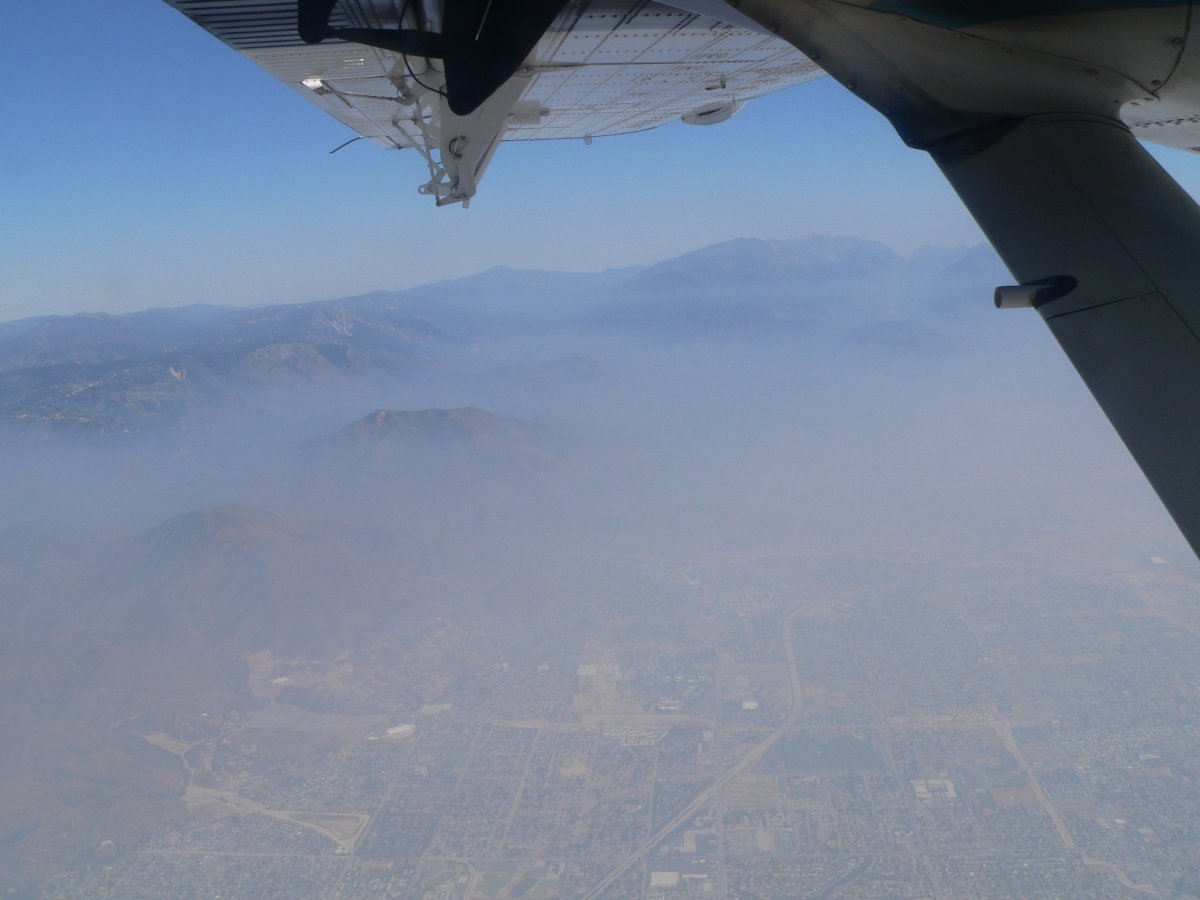
Contributing Emissions
When we think of air pollution, we likely think of vehicle emissions and their significant contribution to global climate change. However, in a recent study led by the National Oceanic and Atmospheric Administration (NOAA), scientists found that the top contributor to urban air pollution is actually a close race between vehicle emissions and chemical products that are created from petroleum — products like perfume, cleaning agents, pesticides and paints. These findings are published in the journal Science.
The study’s most surprising finding is that these products contribute about as much to air pollution as the entire transportation sector, even though people use significantly more fuel than they do petroleum-based chemical products. In fact, people use 15 times more fuel, by weight, than they do these products. So how can this be?

Well, one reason is that chemical products produce tiny particles capable of damaging human lungs at a rate twice as high as the transportation sector. The nature of these two pollutants and how we use them makes their impact different from one another. Gasoline is typically stored in airtight vessels and is burned to release energy. Chemical products are designed to evaporate, so instead of storing them so rigidly, we apply them to our skin and our homes, purposely allowing them to enter the air.
Making Changes
This study found that current air pollution inventories overestimate the contributions of vehicle emissions, while underreporting emissions from chemical products by about two or three times. Previous Environmental Protection Agency research estimated that emissions contributed about 75 percent of volatile organic compound (VOC) emissions, and chemicals about 25 percent. The new study suggests the ratio is more like 50:50, partially because vehicle pollution standards have become so much more stringent in the past few decades.
Though air pollution has seen a live-saving decline in some places, like the United States, it continues to be a huge issue worldwide.
“As transportation gets cleaner, those other sources become more and more important,” said Brian McDonald, lead author and scientist in NOAA’s Chemical Sciences Division, in a press release.
As we continue to “clean up” the transportation sector, it is imperative that we use this vital information. Air pollution can have an astonishing array of negative health effects, from dementia in adults to stunted brain development in children, and even death. Transportation might be the most visible contributor to this, but it is not alone.